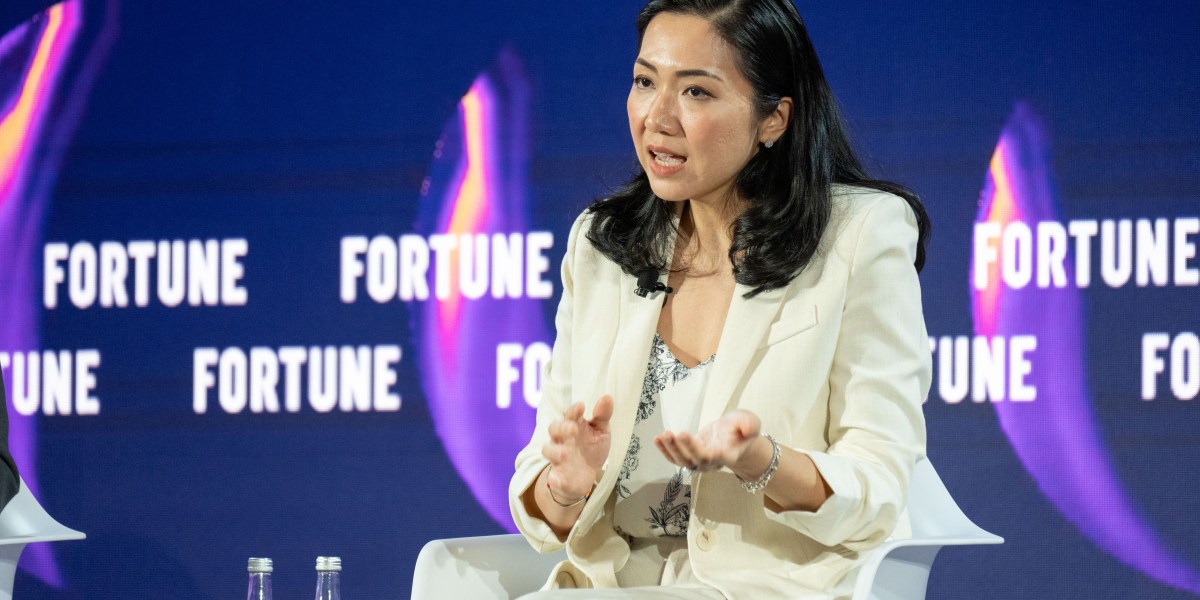
"Chen added that green investments can't exclusively focus on the largest companies. "It's very important for us to pay attention to the small- and medium-sized players as well," she said. These enterprises play a key role in global supply chains, and are especially abundant in emerging regions like Southeast Asia. In October, the Association of Southeast Asian Nations (ASEAN) opened a center to facilitate the green transition in micro-, small- and medium-sized enterprises (MSMEs)."
""The ASEAN green transition is predominantly funded by debt-a lot of debt," she said, arguing that although banks are "increasingly creative" in how they structure loans, other private investments are also needed to supplement them. Global businesses have started to downplay their sustainability programs, in part due to macroeconomic uncertainty, growing demand for potentially dirty resources, and political hostility in places like the U.S."
The global green transition continues as nations expand renewable infrastructure and pursue low-carbon economies, but emerging markets face a large funding shortfall. Southeast Asia needs about $200 billion annually for its transition while receiving only $50–60 billion, leaving a substantial gap. Small- and medium-sized enterprises are crucial to supply chains and require targeted support; ASEAN has opened a center for MSME transition. Much of the region's green funding is debt-based, and banks are structuring loans creatively, yet additional private investment is needed. Some global firms have scaled back sustainability programs due to macroeconomic and political pressures, though green investment can improve market access and profitability.
Read at Fortune
Unable to calculate read time
Collection
[
|
...
]